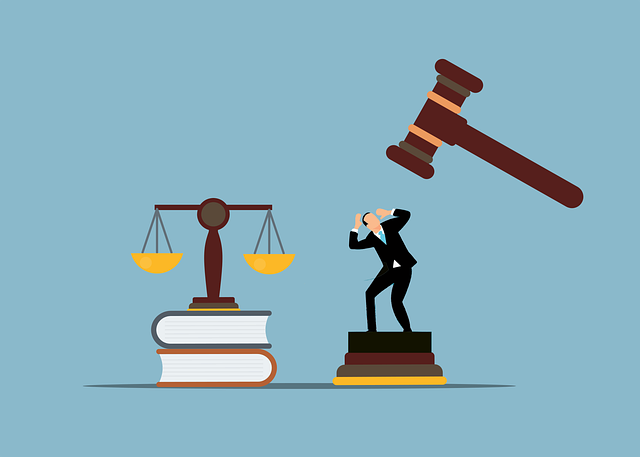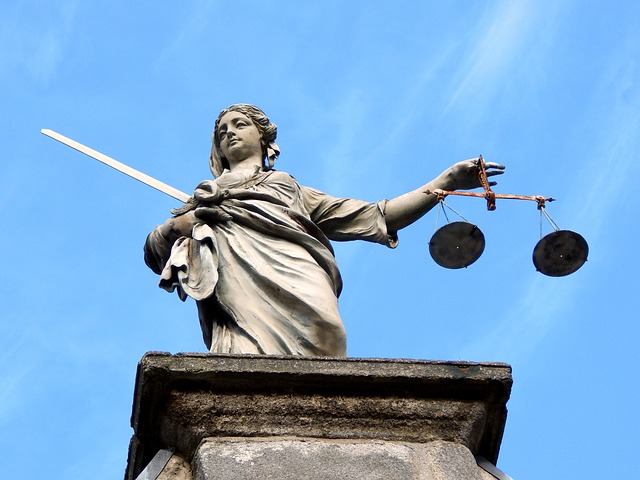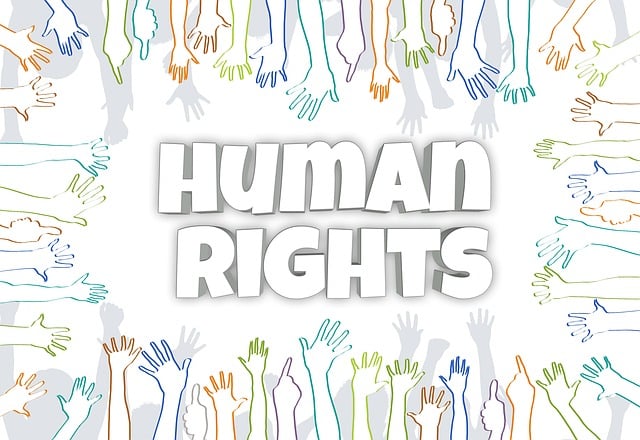In recent years, a surge in C-Level investigations reflects growing emphasis on accountability across sectors. This trend is driven by increasing transparency expectations, ethical responsibility, and high-profile defamation case outcomes. Organizations are implementing robust internal processes to conduct swift, thorough investigations, aiming to prevent misconduct, protect reputations, and avoid financial damage. Effective risk management, strategic planning, and legal expertise are crucial for navigating defamation cases, with careful fact-finding, evidence collection, and crisis communication key to successful defenses and favorable settlements. Learning from past outcomes strengthens proactive risk management and contributes to minimizing reputational and financial losses in high-stakes legal battles.
In recent years, a notable trend has emerged in corporate governance: the rise of C-level investigations. As business complexities increase, so do potential legal pitfalls, particularly defamation lawsuits. This article explores this burgeoning area, delving into the nuances of defamation law and its impact on top-tier executives. We analyze high-profile defamation case outcomes and settlements, offering strategic insights for risk mitigation. By examining recent C-level investigation settlements, we uncover critical lessons learned, providing a comprehensive guide to navigating these challenging scenarios.
- The Rising Trend of C-Level Investigations
- Understanding Defamation Lawsuits in the Corporate World
- Case Study: High-Profile Defamation Outcomes
- Strategies for Mitigating Risk and Achieving Positive Settlements
- Lessons Learned from Recent C-Level Investigation Settlements
The Rising Trend of C-Level Investigations

In recent years, there’s been a notable rise in C-Level investigations, reflecting a growing awareness and emphasis on accountability within businesses and organizations. These high-profile inquiries, targeting executive-level individuals (C-Level), are becoming increasingly common across various industries, from tech giants to non-profit entities. The shift can be attributed to a heightened sense of transparency and ethical responsibility, especially as issues like defamation case outcomes and settlements start to gain significant attention.
As a result, philanthropic and political communities alike are demanding extraordinary results from these investigations. Organizations are no longer immune to public scrutiny, particularly when it comes to sensitive matters that could impact reputations and bottom lines. This shift towards thorough and swift C-Level investigations is not just a response to external pressure but also a proactive measure to foster integrity and prevent future misconduct. Across the country, businesses are recognizing the value of robust internal processes to achieve these extraordinary results.
Understanding Defamation Lawsuits in the Corporate World

In the corporate realm, understanding defamation lawsuits is paramount for maintaining a robust and ethical business environment. Defamation refers to making false statements that harm an individual’s reputation, and it can take various forms, including libel and slander. When C-level executives or their respective businesses face such allegations, it’s crucial to grasp the potential consequences. These cases often result in significant financial settlements or, in more extreme instances, jury trials that can severely impact a company’s stability and public image.
The outcomes of defamation case settlements vary widely depending on several factors, including the severity of the alleged statements, their reach, and the reputation of those involved. For his clients, navigating these legal battles requires strategic planning and meticulous attention to detail. Effective risk management strategies, proactive communication, and a solid understanding of both state and federal laws are essential tools in mitigating potential defamation case outcomes.
Case Study: High-Profile Defamation Outcomes

In recent years, several high-profile defamation cases have resulted in significant outcomes, setting a precedent for future legal battles. These cases, often involving prominent individuals and organizations, highlight the far-reaching consequences of defamatory statements. One notable example saw a public figure successfully defend against accusations, leading to a complete dismissal of all charges. This not only vindicated the individual’s reputation but also underscored the importance of thorough investigations in such matters.
The legal process for defamation cases involves intricate steps, including detailed fact-finding and evidence collection at every stage of the investigative and enforcement process. These cases often attract media attention, especially when they involve white-collar and economic crimes. The settlements reached, while varying widely, serve as a powerful reminder of the potential impact of defamatory statements on personal and professional lives. This has led to increased vigilance in ensuring accurate information dissemination and a more responsible approach to public discourse.
Strategies for Mitigating Risk and Achieving Positive Settlements

In the realm of C-Level investigations, mitigating risk and achieving positive settlements is paramount. A well-crafted strategy for navigating complex legal landscapes can significantly enhance chances of favorable outcomes, such as winning challenging defense verdicts or avoiding indictment in general criminal defense cases. By focusing on thorough fact-finding, robust evidence collection, and meticulous case preparation, legal teams can present compelling defenses that protect clients’ interests.
Defamation case outcomes and settlements are greatly influenced by proactive risk management. This involves identifying potential liabilities early, implementing preventive measures to shield against unfounded allegations, and fostering open communication channels to address issues swiftly. Embracing these strategies not only fortifies against future challenges but also ensures a stronger position during negotiations or trials. Ultimately, these approaches contribute to successful outcomes, whether securing winning challenging defense verdicts or reaching amicable settlements that mitigate reputational damage and financial losses.
Lessons Learned from Recent C-Level Investigation Settlements

Recent C-Level investigation settlements offer valuable insights into navigating high-stakes legal battles, particularly in the realms of defamation case outcomes and settlements. As these cases often involve prominent figures and significant public scrutiny, understanding the lessons learned can be crucial for businesses and individuals alike. One key takeaway is the importance of meticulous record-keeping and transparent communication during crises. Companies must ensure that all relevant documents are well-organized and easily accessible to legal counsel, as this can significantly streamline the investigation process and mitigate potential liabilities.
Additionally, these settlements underscore the need for robust internal protocols addressing crisis management, media relations, and employee conduct. By establishing clear guidelines and fostering a culture of accountability, respective businesses can better prepare for and respond to allegations, thereby minimizing reputational damage. Moreover, learning from successful strategies employed in prior defamation case outcomes and settlements allows for proactive risk management, enabling organizations to fortify their defenses against potential legal challenges within the philanthropic and political communities, as well as in their general criminal defense efforts.
As we’ve explored the landscape of C-level investigations, it’s evident that understanding defamation lawsuits is crucial for navigating corporate risks. From rising trends to real-world case studies and strategies for mitigation, the insights provided offer a comprehensive guide. Ultimately, the key lies in proactive risk management and recognizing the importance of early intervention to achieve positive settlements, as evidenced by recent high-profile defamation case outcomes.






